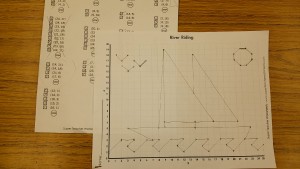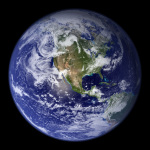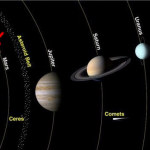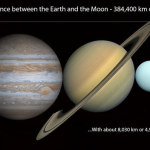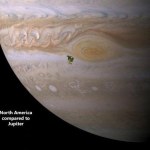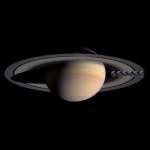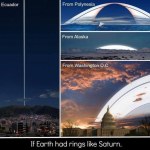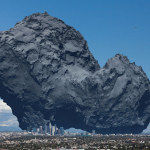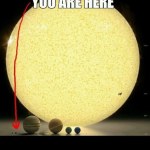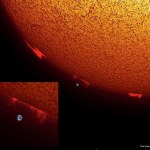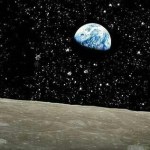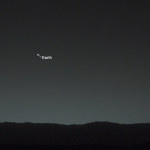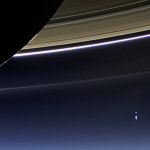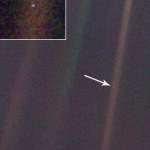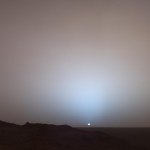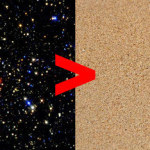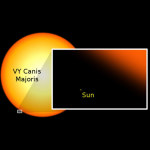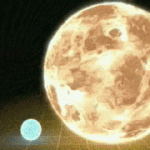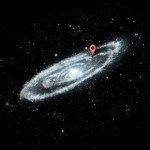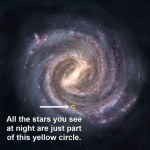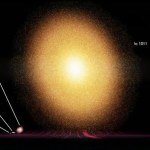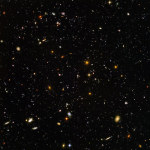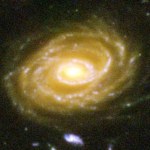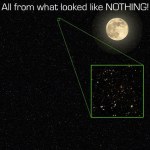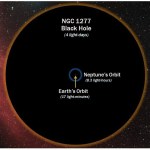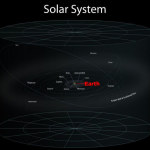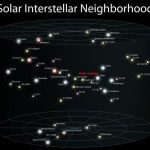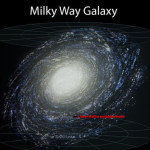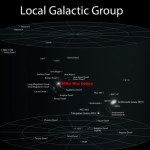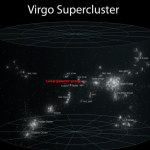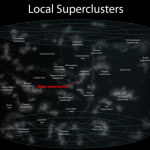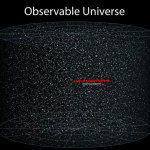Topics
Specific areas in science.
Graphing Coordinates
On November 2nd, 4th and 5th graders were given the job of finding locations of earthquakes and volcanoes on a map by using coordinates. They struggled with understanding the process behind this, so this week we took a step backwards to practice how to find coordinates on a grid. After graphing the points on the grid and connecting them, it made a picture. Many students asked “why are we doing math in science?” to which I replied that the two were linked and that scientists often need to keep data, and that data often needed to be figured out by using math. They HAVE done math before in the science lab, so this really is not anything new, but this time the lesson was specifically math in order for them to be able to continue with our earthquake and volcano mapping. Here is the picture that we made using coordinates:
Building an Online Volcano
In the science lab this week, grade levels TK-3 were learning about volcanoes. For 2nd and 3rd grade students, we had a demonstration of the creation of new gas within a closed system (bottle 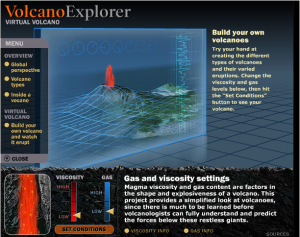 with a balloon over it) and we related that demonstration to what happens with volcanoes. I may use this same demonstration for TK-1st next week.
with a balloon over it) and we related that demonstration to what happens with volcanoes. I may use this same demonstration for TK-1st next week.
The information and vocabulary were more focused on for 2nd and 3rd grade, while 4th and 5th were still focusing on the tectonic plates.
The website that students might be interested in is this one: Discovery Kids Volcano Explorer.
On this website, students can change the thickness of the lava and the amount of gas and discover what type of volcano those conditions might make, and also what type eruption it causes.
Vocabulary introduced (in no particular order):
- crust*
- lava vs. magma*
- mantle*
- eruption*
- ocean floor
- lava flow
- fire fountain
- viscosity
- stratovolcano
- shield volcano
- cinder cone
- caldera
- lava tube
- pyroclastic flow
- plume
- ash
- lahar
- debris
- landslide
- tectonic plates
*terms that I want are the primary ones I want them to know
Extreme Weather 4
4
1 Blizzard
2 Thunderstorm
3 Firestorm
4 Dust storm
5 Hurricane
6 Tornado
Extreme Weather 2
What do you think is happening in these photos?
How do they make you feel?
Extreme Weather 1
Look at these photos and write in your student notebook:
What is EXTREME weather?
Hour of Code
Join us in the “Hour of Code” – a world-wide event on learning about computers, technology, and robotics. Mrs. Allard will be doing a lesson on code in the Science Lab. There are also great lessons and activities for kids to try coding at http://code.org/learn

